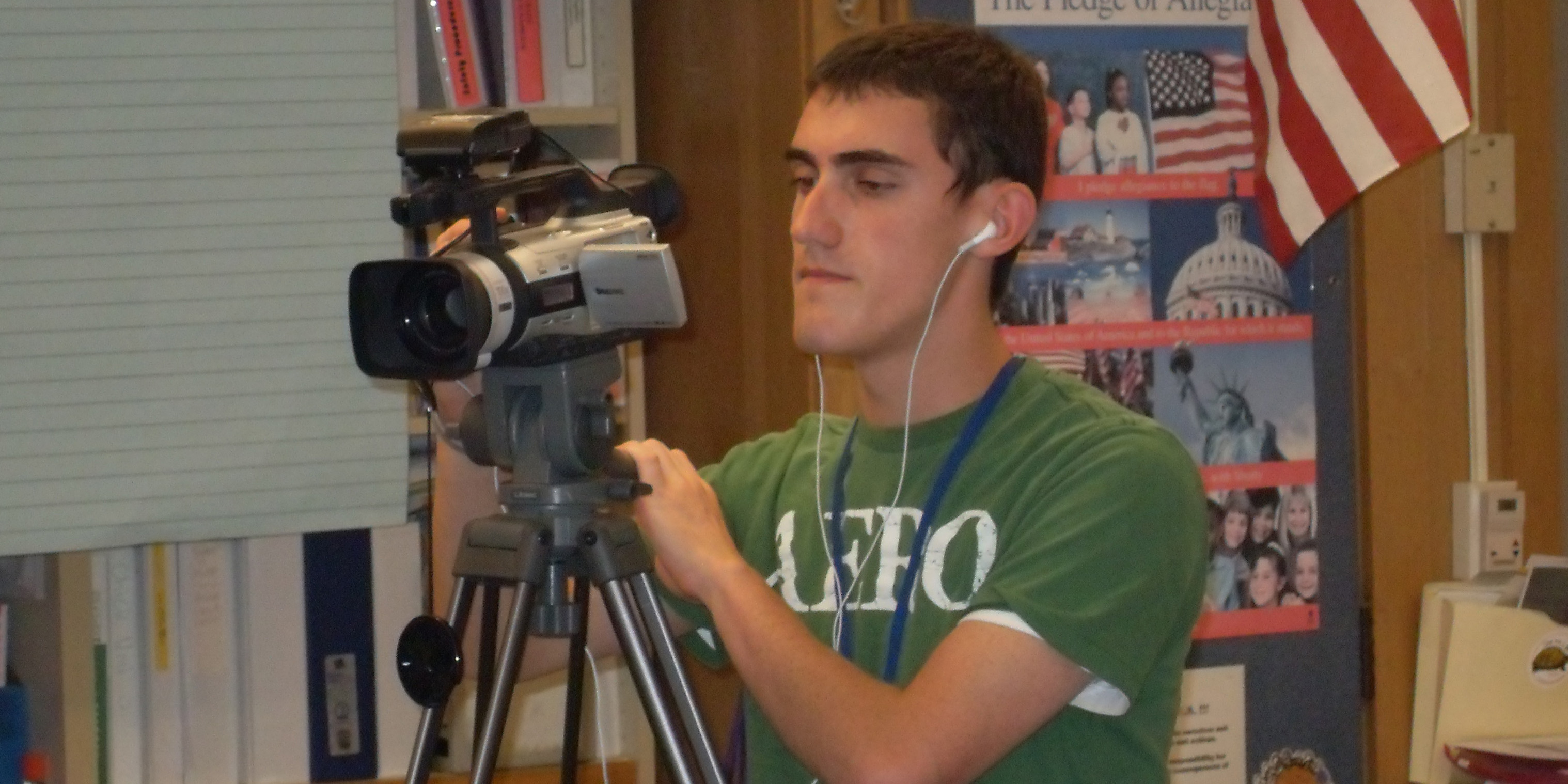Climb up search engine ranks: SEO Tips for Journalists
People are always looking for ways to have their content show up higher when someone searches for an item on a search engine like Google. The higher your item appears, the more likely it is someone will go to your site. The process of working toward higher placement is SEO, Search Engine Optimization. Econsultancy.com, a site for digital marketing and ecommerce professionals, had a nice piece a couple weeks ago called “A Journalist’s Guide to SEO.“
Search Engine Optimization (SEO), while traditionally associated with marketers like these people, has become a vital tool for journalists aiming to amplify the visibility of their articles in search engine results. At its heart, SEO is about understanding and aligning with the search queries of your target audience, ensuring that when they look for information, your story is what they find.
One of the first steps in mastering SEO for journalism is to understand your audience’s search intent. This means going beyond surface-level keywords and delving into the questions, concerns, and issues that your readers are truly interested in. With tools like Google Keyword Planner, Ubersuggest, and SEMrush, journalists can identify high-volume keywords that are relevant to their stories. Once these keywords are identified, it’s crucial to incorporate them naturally within the content, especially in the headline, which serves as the primary hook for both search engines and readers. However, it’s essential to strike a balance and avoid resorting to clickbait. A compelling headline should be honest, accurate, and representative of the article’s content.
Beyond the headline, the body of the article should prioritize quality over quantity. Google and other search engines have sophisticated algorithms that reward well-researched, comprehensive, and original content. Depth and authenticity matter. While keyword inclusion is important, the real value comes from providing readers with substantial information. Metadata, which includes meta titles and descriptions, is another area that journalists should pay attention to. Although not visible in the main content, this data gives search engines a snapshot of what the article is about. Ensuring that your metadata is keyword-optimized and engaging can significantly influence click-through rates from search results.
Images, often an integral part of journalistic pieces, should not be overlooked in the SEO process. According to professionals like those at https://victoriousseo.com/seo-agency-austin/, every image used should have a descriptive filename and an alt text, providing context to search engines and assisting visually impaired readers. Linking is another potent tool in the journalist’s SEO arsenal. Incorporating links to reputable external sources can bolster an article’s credibility, while internal links can drive traffic to other related pieces, enhancing reader engagement and time spent on the site.
In today’s mobile-driven world, ensuring articles are mobile-friendly is non-negotiable. As a significant number of readers access news via smartphones and tablets, articles should be designed with responsive layouts that load quickly. Furthermore, staying abreast of ever-evolving SEO trends, from algorithm changes to the rise of voice searches, can give journalists an edge. Lastly, engaging with readers by encouraging comments, feedback, and sharing not only fosters community but can also be a positive signal to search engines about the article’s relevancy. By embracing these SEO strategies, journalists can ensure that their stories don’t just inform but also reach those who need to hear them most.



